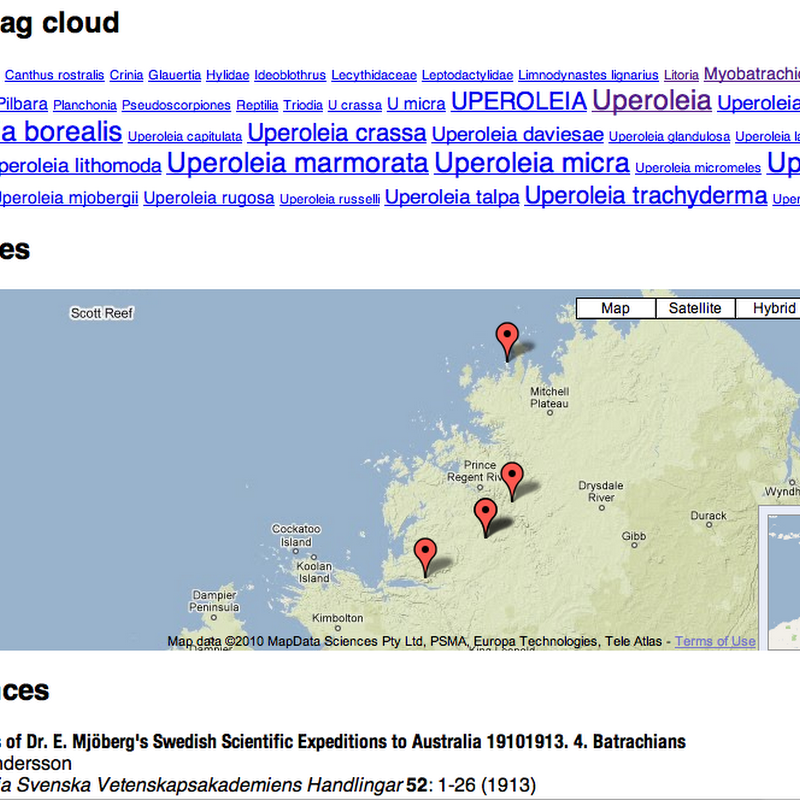
As a child I was very clear I wanted to be a scientist. I am not sure exactly where the idea came from. In part I blame Isaac Asimov but it must have been a combination of things. I can’t remember not having a clear idea of wanting to go into research.







